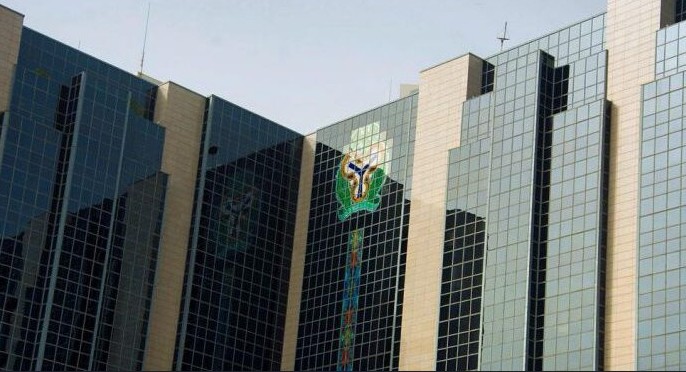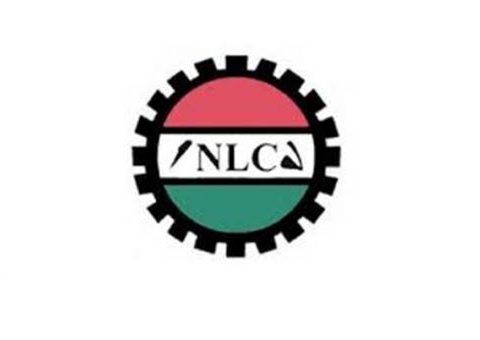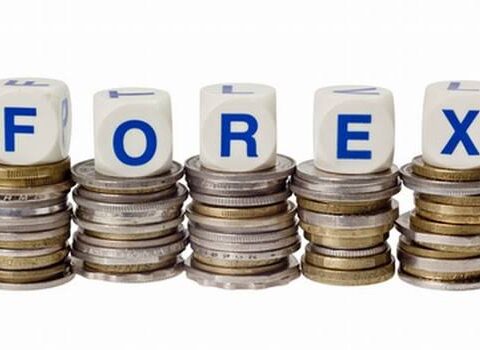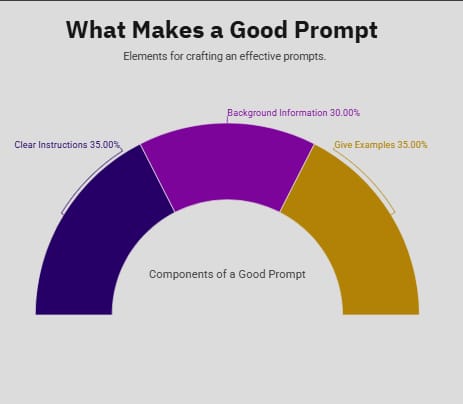The Central Bank of Nigeria (CBN) raised about N8.99 trillion through Treasury Bills (T-Bills) in the first seven months of 2025, reflecting strong investor appetite for naira assets amid persistent inflationary pressures.
The amount represents a 4.1% decline compared to N9.39 trillion raised during the same period in 2024. T-Bills are short-term securities issued by the CBN to finance government obligations and are regarded as low-risk investments.
According to CBN data on government securities, about N13.3 trillion was raised from T-Bills in 2024, almost double the N6.66 trillion raised in 2023.
Between January and July 2025, the apex bank offered N7.17 trillion worth of T-Bills—an increase of nearly 60% from ₦4.48 trillion in the corresponding period of 2024. However, total investor subscriptions hit N24.68 trillion, with N15.68 trillion worth of bids rejected.
Falling Stop Rates
The strong demand has allowed the CBN to cut stop rates at its auctions, reducing its debt servicing burden.
The 91-day T-Bill rate dropped to 15% in July 2025 from 18% at the January auction; the 182-day rate declined to 15.50% from 18.50% over the same period and the 364-day bill closed at 15.88% in July, compared to 22.62% in January.
At the same time, demand for longer-term Nigerian Treasury Bills (NTBs) remained strong, with the stop rate on one auction in February peaking at 20.32%, the highest this year.
Analysts say the variation across tenors reflects investor sentiment: lower short- to medium-term rates signal confidence in stable interest rates, while higher long-term yields suggest caution over future economic risks.
Monetary Policy and Inflation Trends
The Olayemi Cardoso-led Monetary Policy Committee (MPC) has raised the Monetary Policy Rate (MPR) by 870 basis points this year—from 18.75% to 27.50%, to fight inflation and stabilise the naira.
So far, inflation has eased for four straight months, dropping to 21.88% in July 2025, from 22.22% in June and 23.71% in April.
Analysts attribute the lower T-Bill yields to both policy adjustments and market dynamics. They argue that by reducing T-Bill rates, the government aims to cut debt costs, attract foreign inflows, boost dollar liquidity, and stabilise the naira exchange rate.
One analyst noted: “The CBN is deliberately lowering T-Bill interest rates to encourage foreign inflows and improve FX liquidity. This will eventually moderate interest rates and spill over into the equity market, cooling excessive bullish sentiment.”
Outlook for 2025
Cordros Research, in its outlook report “Nigeria in 2025: Reform to Recovery,” projects that yields on government securities will decline further in the second half of the year, settling around 18–18.5% by year-end.
The firm expects the ongoing disinflation process and a pause in rate hikes to influence investor sentiment, while a slower pace of government borrowing could ease pressure on yields.












